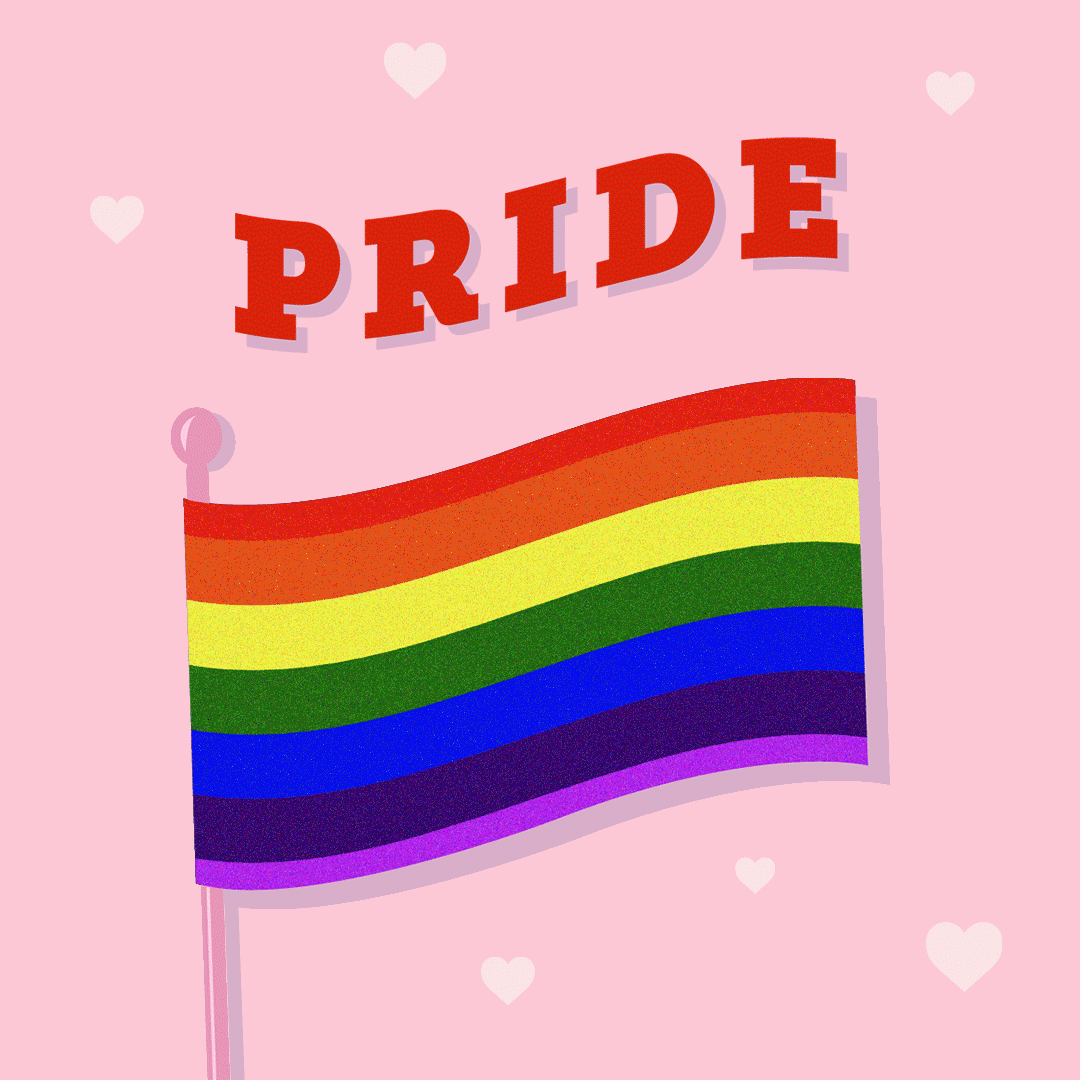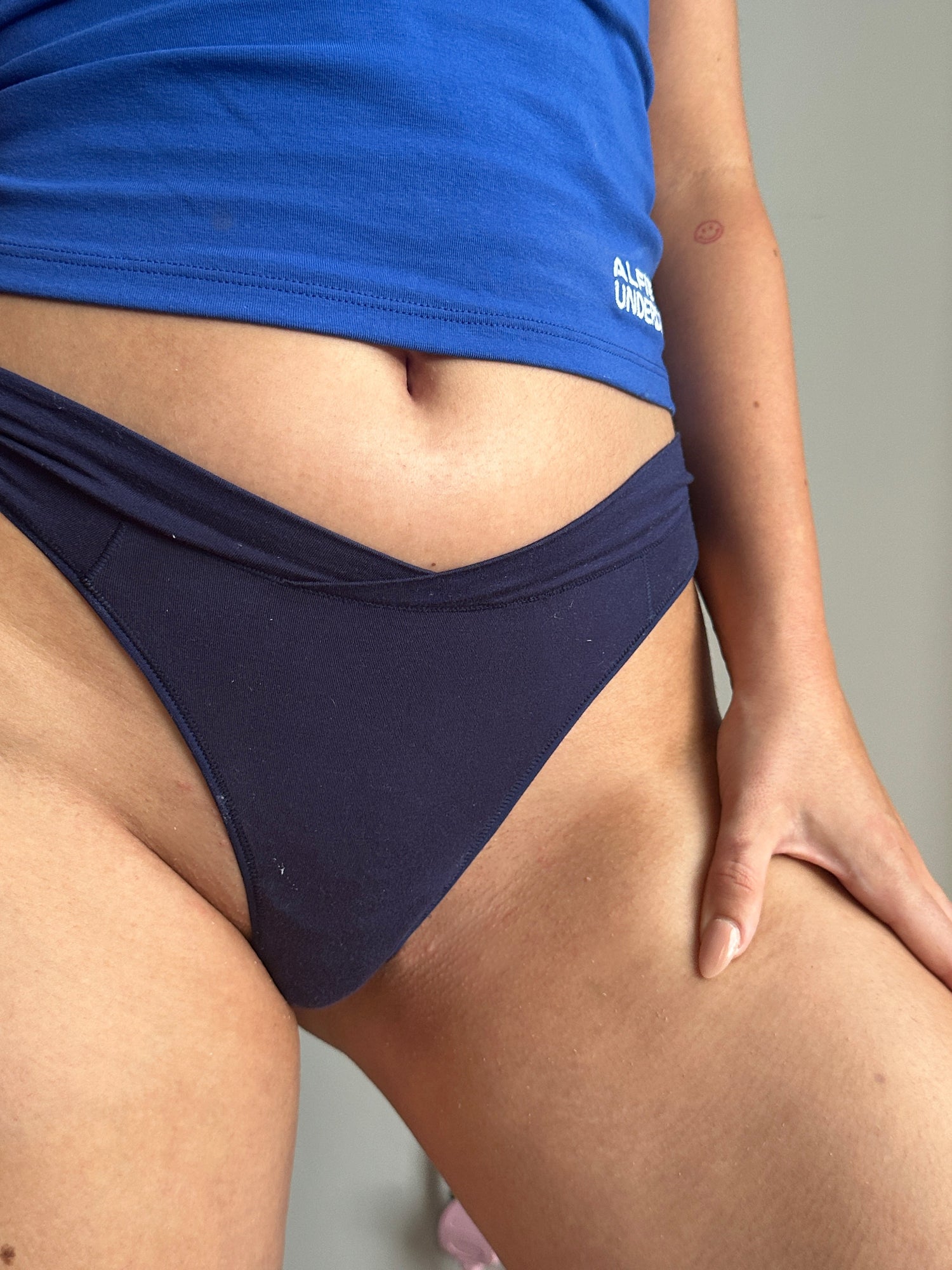
June is Pride month; a month dedicated not only to celebrating the LGBTQ+ community, but to raise awareness of the current issues facing the community. London Pride (our home town), was supposed to be taking to the streets on June 27th, and although Covid-19 meant the celebrations looked a little different this year, we can still celebrate LGBTQ+ communities all around the world. By carrying the conversation online, we are still able to improve the attitudes of society and encourage inclusivity.
So, what is Pride?
Pride is a movement that celebrates sexual diversity. For lesbian, gay, bisexual and transgender (LGBT) people, it is a way of protesting about discrimination and violence. It promotes their dignity, equal rights, self-affirmation and is a way of increasing society’s awareness of the issues they face. If you go to a Pride parade, you may see a variety of flags. Basically, the widely-recognised rainbow flag works as a general flag for all LGBTQ+ people, but other parts of the queer community — transgender people, asexual people, bisexual people, genderqueer people - have created their own flags. These flags are necessary so that non-queer people, and even queer people who aren't a part of those groups can recognize that LGBTQ+ doesn't just mean gay. The flags give each community a sense of pride.
The story of Stonewall, and the people of the gay rights movement
Marsha P. Johnson 1945-1992

Marsha P. Johnson was an activist, a sex worker, a drag performer and, a central figure in the gay liberation movement. Many transgender people have come to hail Marsha, and her longtime friend and colleague Sylvia Rivera, as heroes. (The term transgender was not in wide use in Johnson’s lifetime; she usually used female pronouns for herself, but also referred to herself as gay, as a transvestite or simply as a queen.) At the time, gay people and criminalisation of their activities were still common in New York.
Same-sex dancing in public was prohibited.
The State Liquor Authority banned bars from serving gay people alcoholic beverages.
People could be charged with sexual deviancy for cross-dressing.
Police enforcement was arbitrary.
Despite all of this, Marsha and Sylvia were at the forefront of the Stonewall riots (also referred to as the Stonewall uprising or the Stonewall rebellion). This was a series of spontaneous, violent demonstrations by members of the gay LGBT community against a police raid that began in the early morning hours of June 28, 1969, at the Stonewall Inn in the Greenwich Village neighborhood of Manhattan, NYC. They are widely considered to constitute the most important event leading to the gay liberation movement and the modern fight for LGBT rights in the United States. Police raids on gay bars were routine in the 1960s, but officers quickly lost control of the situation at the Stonewall Inn. People were tired. Tensions between police and gay residents of Greenwich Village erupted into more protests the next evening, and again several nights later. Within weeks, village residents quickly organised into activist groups to concentrate efforts on establishing places for gay men and lesbians to be open about their sexual orientation without fear of being arrested. Within six months, two gay activist organisations were formed in New York, and three newspapers were established to promote rights for gay men and lesbians. Within a few years, gay rights organisations were founded across the U.S. and the world. On June 28, 1970, the first gay pride marches took place in New York, Los Angeles, and San Francisco.
Marsha’s goal, she declared in an interview for a 1972 book, was “to see gay people liberated and free and to have equal rights that other people have in America”. On July 6, 1992, her body was pulled from the Hudson River. Her death was quickly ruled a suicide - a determination that many of her friends and acquaintances questioned. Later in 1992, the authorities reclassified the cause, to drowning from undetermined causes, and in 2012, they agreed to take a fresh look at the case, which officially remains open.

Sylvia Rivera 1951-2002
Sylvia Rivera was a gay Latina American, liberation and transgender rights activist, prominent as an activist and community worker in New York. Rivera, who identified as a drag queen and participated in demonstrations with the Gay Liberation Front. In 1969, at age 17, she took part in the Stonewall Riots in protest to a police raid of the gay bar, the Stonewall Inn. In later interviews, she reminisces about her place in history, she said, “We were the frontliners. We didn’t take no s**t from nobody… we had nothing to lose”. Sylvia was close friends with Marsha P. Johnson, and after the Stonewall riots, they co-founded the Street Transvestite Action Revolutionaries (STAR), a group dedicated to helping homeless young drag queens, gay youth, and trans women. On June 24, 2016, the Stonewall Inn was officially recognised as a National Historic Landmark by President Barack Obama due to its association with the events that represent the struggle for civil rights in America. The Stonewall Inn is the very first LGBT National Historic Landmark in history. Plays, musicals, books and films celebrate and honor the history of Stonewall and anyone can drop by to see the place where pride began.
There has been change since Pride began, but there's still a lot more to do until society accepts everyone for who they are. With every conversation, we are one step closer. So, let’s keep talking about the people who paved the way for change, and let us never forget their bravery and determination. We are WooWoo, and we stand with you.
If you’d like to show your support, but are unsure how, here are a few ways to get involved!
*Imagery by Natalie Appleton.





